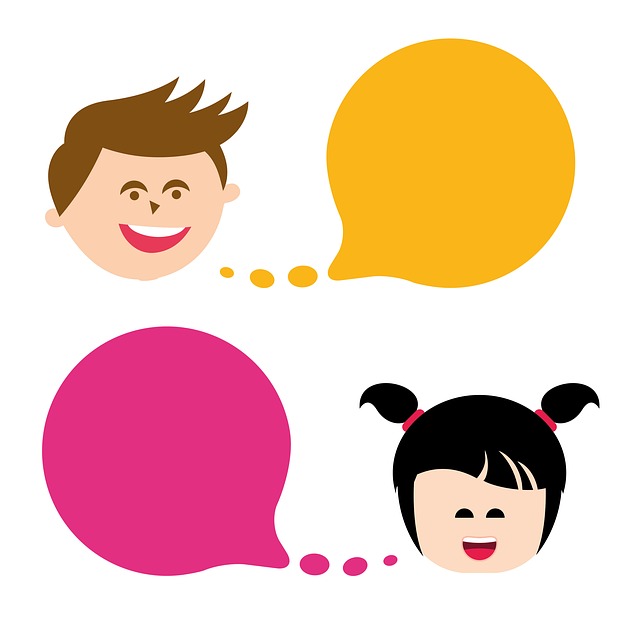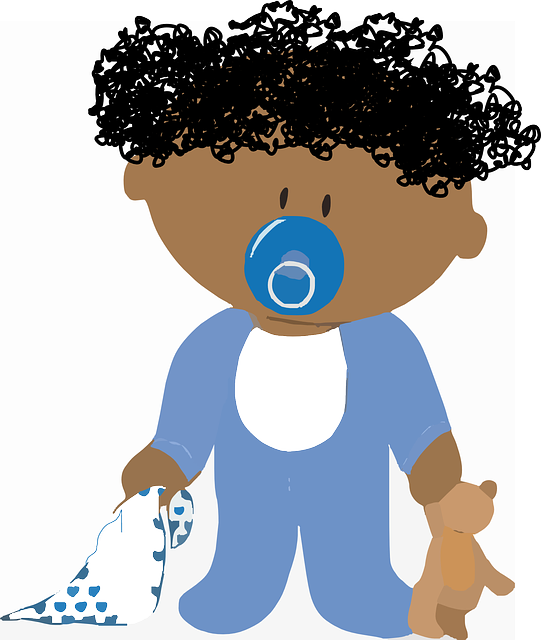
Should I Correct My Child’s Speech?
It’s normal for young children to pronounce words differently from adults. There’s no need to correct your child each time they make a mistake – it can interrupt the natural flow of their communication, might frustrate your child and may discourage them from speaking. Instead, try using a speech modeling technique with your child. When your child makes a speech error, instead of making them correct themselves, you can repeat back what they say, with the correct pronunciation. For example, if your child says, “I want the tar”, you could reply, “You want the Car? Which Car?”- with a slight emphasis on the correct sound. Try to give several models of the word if possible: “Let me find











